Middle East
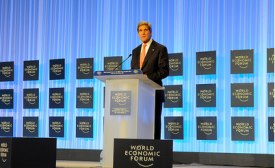
The deteriorating security situation throughout much of the Arab world underscores the need to urgently search for nonviolent methods of achieving stability. At the heart of the current unrest are not only political issues but also economic failures that are wiping out the vestiges of hope that remain after the region’s recent revolutions.
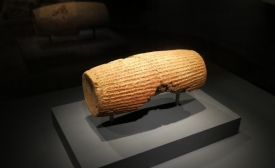
The Cyrus Cylinder, a 2,500-year-old object discovered in ancient Babylon, is considered by many to be the first declaration of human rights. This unique artifact, part of the British Museum collection, continues to excite the imagination of different peoples from around the world.
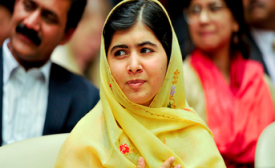
If you’re of Pakistani origin, as I am, and if you long to see that embattled country right itself, the saga of Malala Yousafzai can drive you to tears. Not just tears of joy for the way she was a favorite for this year’s Nobel Peace Prize. Not just tears for how she captured the imagination of Westerners who want to believe the best about Pakistan’s hopes and prospects.
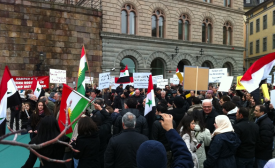
Here’s some news that will probably get buried amid the debates on Syria in the House of Representatives today. The Swedish Migration Board earlier announced that all Syrian refugees will be granted permanent residence. This means that the 8,000 Syrians who have currently been granted asylum on a temporary basis, together with any of the millions of currently displaced Syrians who can make it to Sweden, will be able to settle there and bring their families.
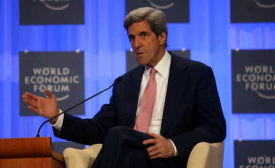
At some point, the post-revolutionary Arab states will emerge from the self-destructive madness that has them so tightly in its grip. While Egypt, Syria, Libya, and Tunisia deal with varying degrees of instability, the future should be kept in sight.

Watching the events unfold in Egypt over the past weeks has been akin to watching a slow moving train wreck as two powerful forces – the army and the Muslim Brotherhood – collide together. Both have strong wills, resources, and high stakes in the outcome.
APDS Blogger: Alex Laverty
Jon Stewart, Bassem Youssef, & U.S. Embassy, Cairo: Reconceptualizing Diplomatic Norms in the Digital Age
For nearly two hundred years the measure of a nation’s progress has been its capacity to Westernize. Today, to a great extent, China has shifted this narrative.
In the last three decades, China has lifted over 500 million of its people out of poverty according to the World Bank. The scale and speed of China’s growth are unprecedented. The world has never seen anything like the rise of China according to Martin Jacques, author of bestseller ‘When China Rules the World: the End of the Western World and the Birth of a New Global Order.’







